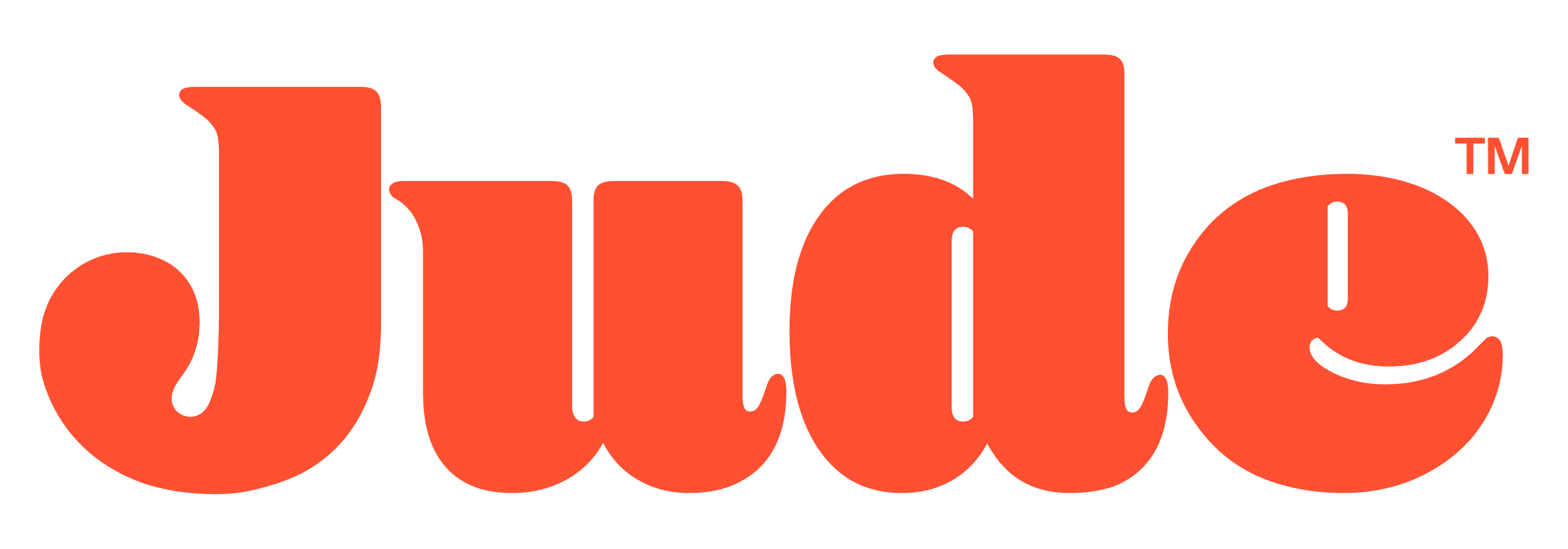Sign up and get bladder confident
Join our newsletter for tips and tricks to life's trickly moments!
Part of the problem with bladder weakness is the language we use to describe the different symptoms; even the word 'weakness' conjures up a feeling of disempowerment and fragility, somewhat. The language that is often used within the medical and support community doesn't reflect how we view ourselves, let alone the language that we use with our friends when we're swapping experiences. How many of us have sat with a trusted friend and said out loud, 'So! I've got bladder incontinence?' Few, I bet.
The word 'incontinence' feels so loaded for 2022, too. What is it about the word that it instantly conjures up an image that feels incongruous to so many of us? And as a starter for ten, isn't it a bit weird that it sounds like incompetence?
Or what about, ‘I’ve had an accident!'. Yeahhh. Nope. There's something akin to potty training a child with that vernacular, and it infantilises what is a serious issue for adults who are struggling with the loss of control already. (And just as an important aside, 'accident' infers that this is something you have no control over whatsoever and we know that there are many ways that a bladder condition can be improved, right?).
“I usually say 'I've peed myself', or similar - it feels much more casual and me.”
We asked the members of our community for their thoughts:
"I absolutely hate the phrase, 'I've had an accident.' It makes me think of my kids -and frankly, it was them that caused it in the first place. I usually say 'I've peed myself', or similar - it feels much more casual and me." (Kelly)
"I feel like bladder weakness is one of those no-no topics anyway, so if I've had a leak I would only refer to it like that - I've leaked a bit. I find the word 'incontinence' terrifying, like a fall into old age that I'm really not ready for yet, thank you!" (Sapna)
"God, I piss myself all. the. time. It's bloody awful but I refuse to get down about it and I think if I had to start using some of the language like 'I've got incontinence' or 'bladder weakness' I would feel so much worse about it.' (Rebecca)
The biggest impact that changing the language around issues like bladder weakness is that we make it easier to talk about; with our friends, with Doctors, even with support services. We don't need to reach for the 'right word', because the right words are the words that we choose to use to describe our own condition, and the effect it has on our bodies, minds and lifestyles. Many in our community reported back to us that by sharing their experience informally, some of the stigma and heaviness of what they are dealing with was removed. They also found that they instantly connect with others experiencing the same. Chronic conditions can be isolating and lonely - and if the small change around language can help connect us to better support from our peers, then all the better!
“What I didn't realise when joining the community is the power of humour and the words we use are such a part of this! I find that so empowering”
- DianaMore than ever, we are talking about topics that have - until just a few years ago - been pretty taboo. From menopause to endometrosis, mental health to maternal wellbeing, we are connecting over open and candid conversations that empower and support.
Take menopause for example, which has become so much better understood; chiefly because of the campaign that resulted from Davina McCall's TV series. In Sex, Myths and Menopause, Davina illustrated how hard it is for women to navigate menopause and the impact it has on our self esteem, identity and work performance.
Mental health is another example of how destigmatisation has had a dramatically profound impact on those who suffer; but in the case of bladder weakness (and connected issues), there's a mental health impact that is rarely spoken of. Similarly, by changing the language around conditions like bladder weakness, we'll hopefully get to a place where those suffering can find space to share experiences of how their bladder condition affects their lives, bodies, work and relationships, with language that feels familiar, comfortable and reflective of their own circumstances.
There are over 9 million of us suffering from bladder weakness in the UK. 1 in 3 women have a bladder condition, and 60% of pregnant or postpartum women are suffering with complications like incontinence. Here at Jude we are working at bringing the conversation out into the open - and as we do, we are tackling the language we all use and ensure it reflects the everyday reality of bladder weakness.
So, what language do you use? How would you like to see the language changed around bladder issues to empower the bladder condition community?
